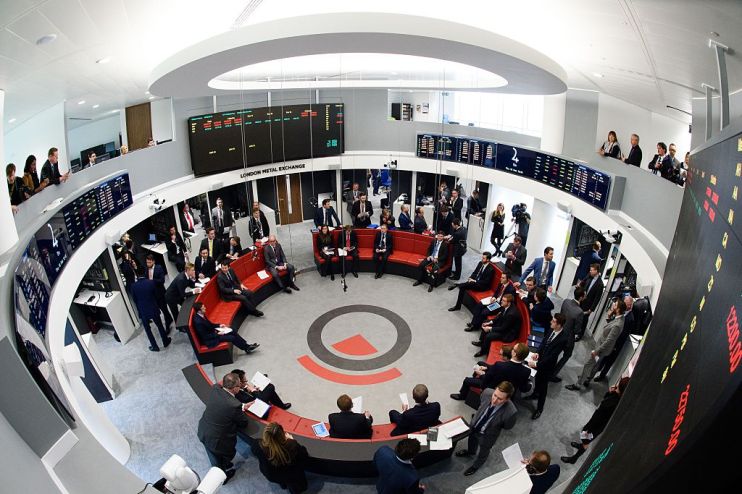FCA and Bank of England launch review into nickel trading suspension by LME

The London Metal Exchange (LME) is under pressure from UK regulators, with the Financial Conduct Authority (FCA) and Bank of England (BofE) announcing a review into its suspension of nickel trading last month.
The FCA will review the LME’s approach to managing the suspension and resumption of the nickel market.
It wants to determine what lessons might be learned in relation to the LME’s governance and market oversight arrangements.
Meanwhile, the BoE will assess the operation of its clearing house – LME Clear – during the same period to establish future improvements to its governance and risk management.
Trading was halted by the LME last month on March 8, following historic levels of volatility.
Prices doubled to more than $100,000 per tonne within the course of one morning, causing LME to suspend trading for over a week.
Investors later raised frustrations over a spate of technical glitches after trading resumed with price limits on March 16.
City A.M. understands the FCA’s review will be split into two parts.
The first will focus on establishing the facts around the suspension and resumption and how this was handled by LME and LME Clear.
The second part will be outline what lessons might be drawn for the future and if any action needs to be taken.
Market chaos leaves it mark on nickel market
The disruption was caused by a failed short bet on the metal from Chinese billionaire Xiang Guangda, with commodity prices already elevated following Russia’s invasion of Ukraine.
Guangda’s firm Tsingshan Holdings (Tsinghan) scrambling to buy up huge amounts of the metal to cover its short bets distorted the market, so that prices no longer reflected the underlying value of the metal.
This resulted in LME suspending trading entirely, scrapping the entire day’s worth of trades, totalling $3.9bn.
Bloomberg has estimated that, following the misplaced shorting, Tsingshan is potentially facing a $3bn loss.
The exchange has also come under fire for refusing to exclude Russia-based mineral supplies from its trading.
Russia produces around 10 per cent of the world’s nickel and six per cent of aluminium, but the metals have not been included within the current raft of Western sanctions slapped on the country following its invasion of Ukraine.
The country provides around 20 per cent of the world’s class one nickel, and prices have been sent into a spin on the back of supply fears, after sanctions have been slapped on Russia following the invasion of Ukraine.